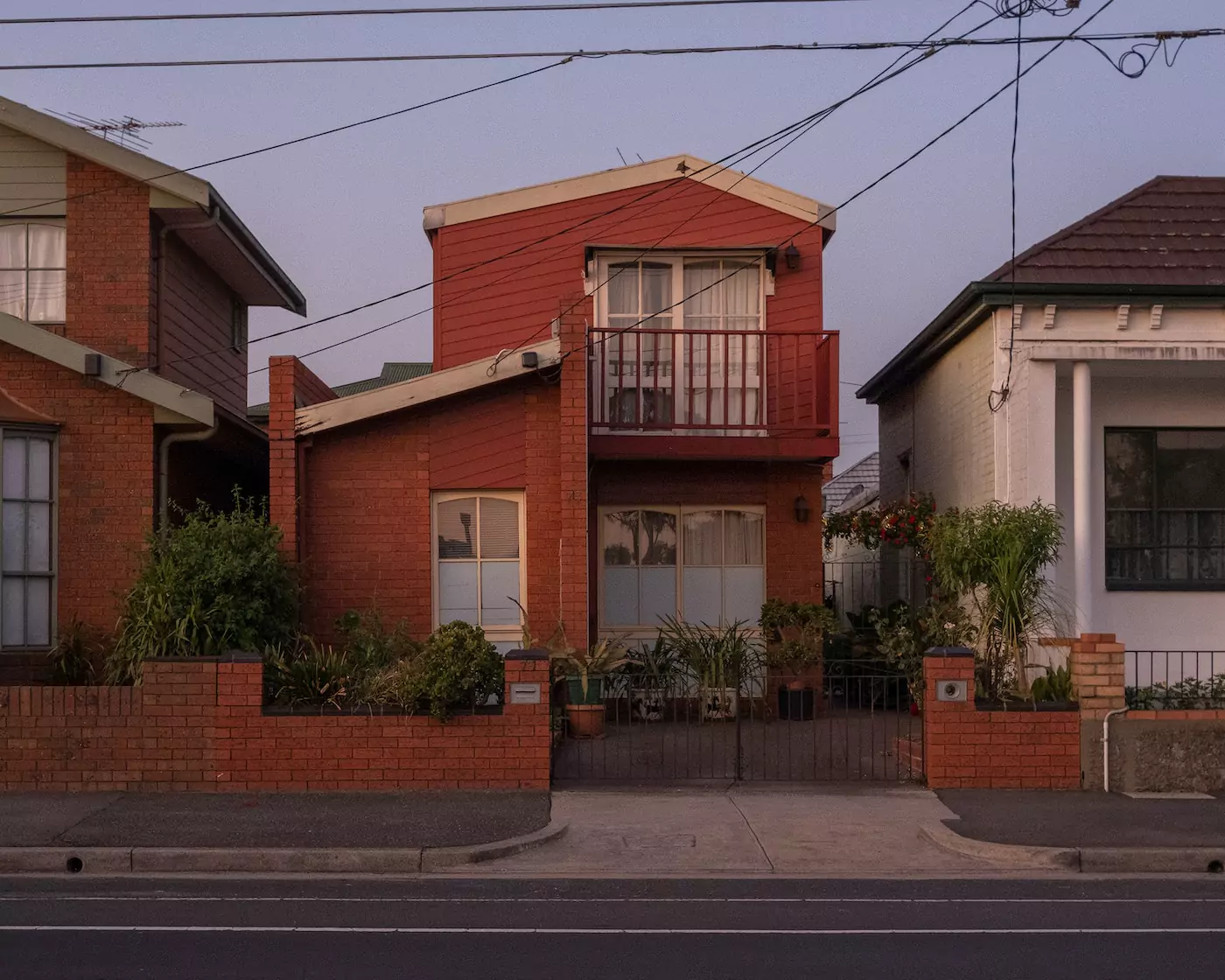What To Consider When Buying a House With a Partner When You’re Not Married in Australia
De facto relationships are commonplace in Australia. In fact, more Australians are living in de facto relationships than ever before, with the marriage rate reducing by 23.7% over the two decades between 2000 and 2019. Some people may choose to get married later in life, and some may choose to never get married at all. If you are planning on buying a house with a partner when you’re not married in Australia, there are some legal things to consider. We share what these are below.
What Rights Do I Have When Buying a House With a Partner When We’re Not Married?
If you are looking to buy a house as a couple in a relationship, it’s likely you meet the definition of a de facto couple in Queensland. If you’re a partner in a de facto relationship, you will usually be entitled to the same rights as a married couple.
The Family Law Act 1975 defines what constitutes a de facto relationship. While there is no single legal definition of a de facto relationship, in a nutshell, a de facto relationship is when a couple are in a committed, long-term relationship and live together but are not married.
Understanding & Making Property Agreements as a De Facto Couple
It is not commonplace in either married or de facto couples for both spouses to have the same amounts of money set aside for purchasing a home. When it comes to de facto relationships however, each person may have their own account and own approach to saving, whereas in a marriage, many couples have shared accounts and a “my money is our money” mantra.
The first decision you will need to make when buying a house with a partner when you’re not married is whether you want a joint tenancy or a tenants in common agreement.
A joint tenancy agreement means that both you and your spouse own the property. If you both decide to sell, you will need to sell the property as a whole. In this instance, if you or your partner dies, the house will automatically become the sole property of the other person. This legal process is known as survivorship.
This means that a joint tenancy agreement is the most suitable choice for those looking to buy a house with their partner when they’re not married but are planning to stay together long term.
Tenants in common is an agreement whereby a property may be purchased by owners who have a varying percentage of ownership. This is usually done when the partners have invested different amounts into the property. While it’s not a common choice for couples, a tenants in common agreement can be a good option for those on very different incomes. It can also be changed to a joint tenancy later on. If one of the partners dies in this instance, the deceased person’s share will be distributed according to their will.
Selling Your House When a De Facto Relationship Ends
Before buying a house with your partner when you’re not married, it is always best to discuss what will happen to the property in the instance you break up.
The legal issues you’ll need to navigate when your relationship ends will be much the same as those ending a marriage. The only way in which it usually differs is the time limit you will have for resolving matters. De facto couples have two years after separation to apply to the courts for a property settlement, whereas married couples only have 12 months after a divorce becomes final to apply (in saying this, married couples need to be legally separated for 12 months before they can apply for divorce, but it is worth noting).
If both you and your ex-spouse agree, you can sell the house in its entirety, or one ex-partner can buy the other out.
If you and your partner disagree, we always recommend seeking independent legal advice at the outset. The Family Law Act of 1975 governs property settlements. You will be able to apply for a property settlement under the Family Law Act provided you have:
- lived together as a couple for at least 2 years, or
- share a child from the relationship, or
- you made substantial contributions (financial or otherwise) to the relationship.
The Federal Circuit and Family Court will divide the property how they see fit, regardless of whether you and your ex-spouse own it together or separately. The courts will take into account each partner’s contributions to the household, including non-financial contributions such as caring for any children you share in order to determine how the property is to be divided.
Have More Questions About Buying a House with A Partner When You’re Not Married in Australia?
To find out more about your de facto relationship entitlements and rights, it is important that you obtain expert legal advice in relation to your particular circumstances. Pullos Lawyers has extensive experience helping thousands of families protect their assets and find positive solutions to a number of legal issues, including wills and estate planning, child support, property settlements and much more. To find out where you stand, contact us.
